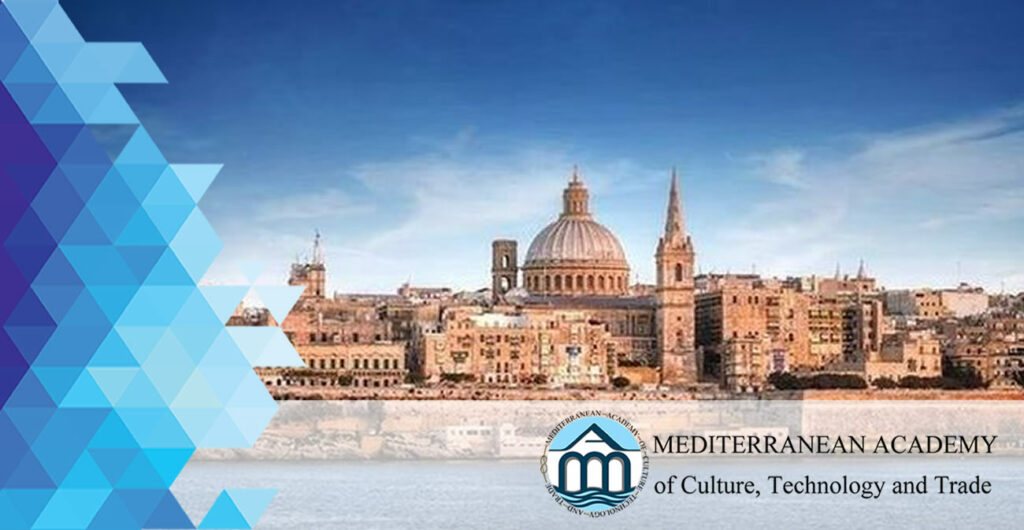The choice of Malta as a destination for your higher education studies or specialization courses is supported by some key factors that make the Mediterranean archipelago internationally competitive. A country where you can study at the highest levels, enjoy a high standard of living and meet many interesting people from all over the world: but this is only the beginning. Once you finish your studies, the country offers several opportunities for both work and business.
But let’s start with a basic but important element: the study of English, the reference language of global business economics. Every year, around 75,000 students from all over the world enrol in English language courses organized in Malta, both classroom and online. A large number of students come from Italy, while Malta also attracts a significant number of French and German students. Some travel from much further afield, including South America, the Middle East and South Korea. Most international students arrive in the summer, combining a summer vacation with the possibility of improving the language. Courses generally last between 15 and 30 hours per week, which includes a significant amount of individual tuition. Other course options include Intensive English, Business English, Business English or Academic English, and 50+ programs tailored for mature students.
Mediterranean Academy of Culture, Technology and Trade offers several proposals for online English language courses, easy to use and at competitive prices: see the catalog through this link.
There are, for example, financial facilities provided for students who also intend to build their professional path in Malta, in continuity with their studies. In 2018, the Maltese government announced a tax relief for graduates entering the local workforce. Anyone who has obtained a master’s degree is exempt from paying taxes for one year, while PhD students receive a substantial tax relief for two years. The new rules also apply to graduates who have studied part-time, for whom there is a 50% discount on income tax.
The incentive scheme will cost the Maltese government about €7 million ($8.3 million) per year of lower tax revenue. However, it is an investment for the future. The tax reliefs are designed to attract the best and brightest students from around the world, meeting the growing demand for highly qualified professionals from Maltese businesses. To date, for example, 1,600 people work in Research and Development, but at least 4,500 would be needed. And over the next four years, it is estimated that demand for professionals and managers will increase by 40,000.

The reasons that support the choice to study in Malta are therefore related to job opportunities. An example comes from the iGaming industry, a multi-billion dollar industry that includes sports betting, online poker and other forms of online gaming. A reform of the industry approved in 2004 has made Malta an attractive destination for igaming companies in just a few years, including big names like PlayFrank and Paddy Power/Betfair who have chosen Malta as their base for their offices. Financial experts believe that igaming will be worth around 127 billion dollars by 2027. This means a lot of well-paid job opportunities for qualified graduates. iGaming companies are always looking for coders, designers, business development managers, analysts, account executives, traders and data scientists. Most of these roles are well paid, especially in the top positions: entry-level data analysts earn around $39,000 a year, while a data and business-intelligence manager can request compensation of up to $90,000. Other opportunities come from highly innovative sectors such as financial services, Fintech, medical research, Blockchain and Artificial Intelligence.
As an alternative to looking for a good job, Malta offers graduates the opportunity to do business. There are countless tax benefits, bureaucratic and incentives for those who start a new business, a professional activity or a startup in Malta.





